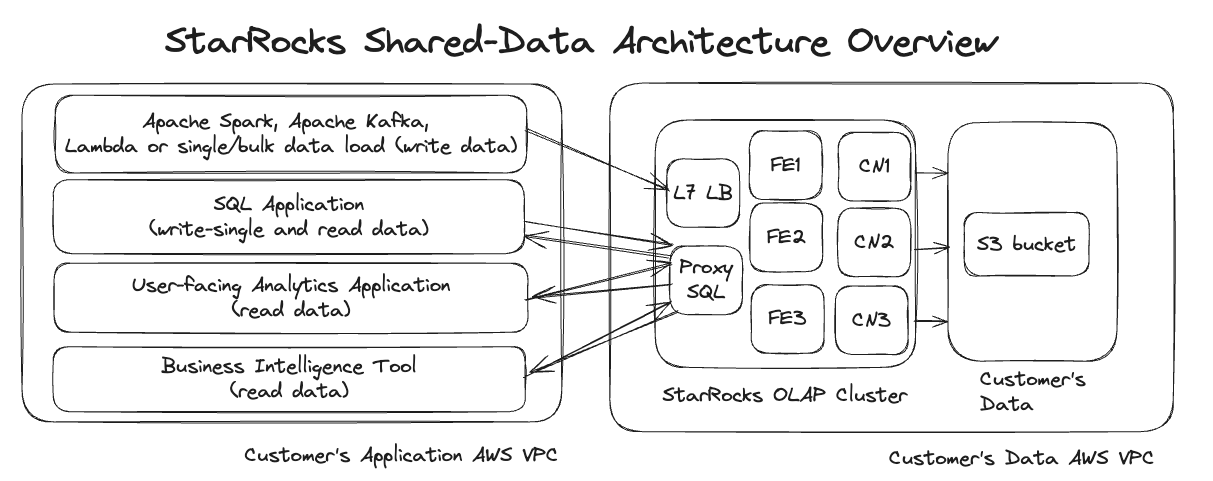Partner Integration: MinIO
Some additional information in one line
Publish date: Dec 12, 2023 8:33:45 AM
What is MinIO?
MinIO is a high-performance, open-source object storage system designed for large-scale data storage and retrieval. It boasts several key features:
- S3 Compatibility: MinIO is API-compatible with Amazon S3, making it easy to migrate existing applications and workflows to its platform. This compatibility also opens doors to a vast ecosystem of S3-compatible tools and services.
- High Performance: MinIO is built for speed and scalability, capable of handling massive datasets with impressive throughput and low latency. Benchmarks indicate it can reach speeds exceeding 325 GiB/sec for reads and 165 GiB/sec for writes under optimal conditions.
- Multi-Cloud Deployment: MinIO can be deployed on various platforms, including public clouds, private clouds, bare-metal servers, and edge infrastructure. This flexibility gives you control over your data and avoids vendor lock-in.
- Enterprise Features: MinIO caters to enterprise needs with features like encryption, erasure coding, bitrot protection, identity management, and continuous replication. These features ensure the security, integrity, and availability of your data.
- Open Source: MinIO is licensed under the GNU Affero General Public License v3.0, allowing for free use and modification of the software. This open-source nature also fosters a vibrant community and continual development.
- Kubernetes Native: MinIO integrates seamlessly with Kubernetes, making it ideal for cloud-native deployments and containerized workloads.
What is StarRocks?
StarRocks is a next-generation, blazing-fast massively parallel processing (MPP) database designed to make real-time analytics easy for enterprises. It is built to power sub-second queries at scale. In the shard-data architecture, StarRocks can read and write data stored in S3 compatible object stores.
StarRocks + MinIO = Data Warehouse with elastic compute and storage

Technical Benefits
- Flexible scaling: Scale compute resources independently of storage based on workload demands. Pay only for what you use, avoiding over-provisioning of compute power during low-activity periods.
- Storage efficiency: Store data only once and access it from multiple compute nodes, eliminating redundancy and maximizing storage utilization.
- Enhanced data protection: Implement security measures like encryption and access controls at the storage layer, independent of specific compute environments.
- Performance: MinIO has faster performance than AWS S3, GCP GCS and Azure Blob Storage.
Resources
Documentation: StarRocks quickstart using shared data architecture
Article: What the Interoperability Trend in Open Table Formats Means for Enterprise Data Architectures
Video: StarRocks Community Call: MinIO + StarRocks
